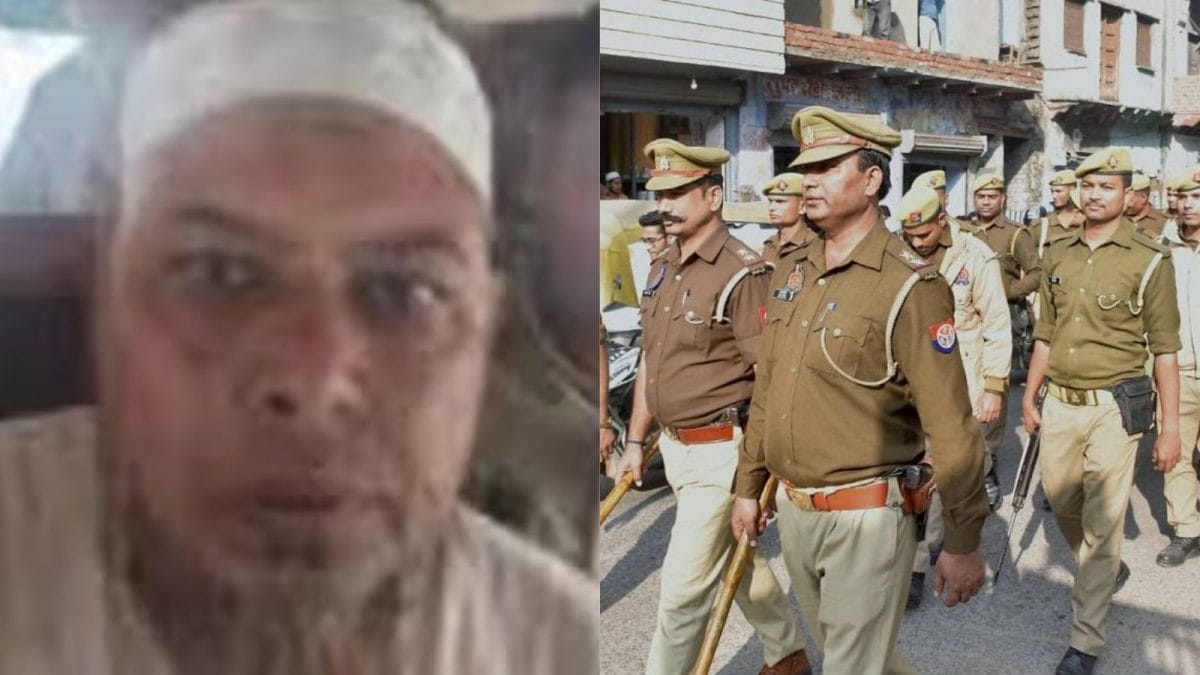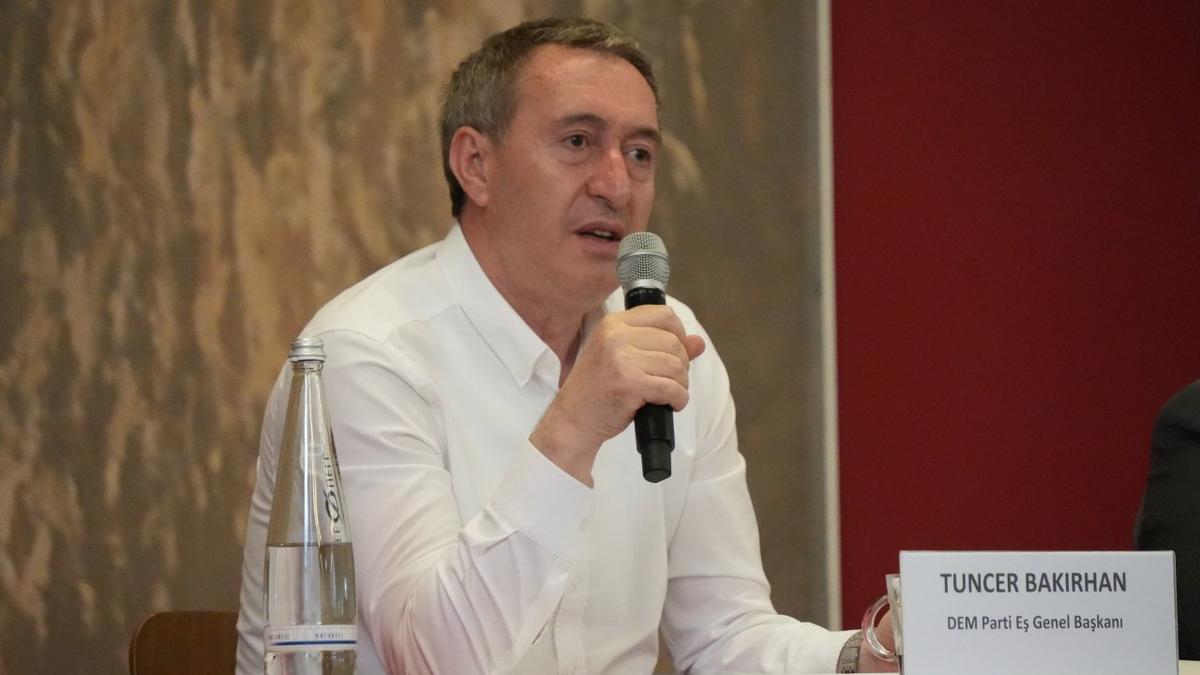Reporting on public officials, religious matters, and protests were the three most common reasons for which a journalist in India faced criminal charges, a study, co-authored by the National Law University (NLU), Delhi, has found.
The study said that journalists from small cities and towns, or those who reported for local publications, in Hindi or other regional languages, were most impacted, and their cases often did not receive national or international media attention.
The other two authors of the report are TrialWatch, an initiative of the Clooney Foundation for Justice, and Human Rights Institute at Columbia Law School.
The report, ‘Pressing Charges: A Study of Criminal Cases Against Journalists Across States in India’, was based on an analysis of 423 criminal cases registered against 427 journalists covering a total of 624 incidents of “criminalisation of journalists” in relation to their work from 2012-2022.
At least 40% of the journalists covered in the dataset were arrested, the study found.
“Our dataset revealed that reporting on public officials was the most common reason journalists faced charges, the basis for charges in 147 incidents. The second most common reason was for reporting on religious matters – 99 times, while the third most common was reporting on protests – 79 times. Significantly, in over 100 incidents, the charges related to the reporters’ alleged conduct while reporting, instead of what they were reporting on,” the report said.
The criminal charges most frequently invoked against journalists were offences related to public tranquility, criminal intimidation and insult, promoting enmity, defamation, offences against public servants, and offences relating to religion.
G.S. Bajpai, vice-chancellor, NLU, told The Hindu that the growing trend of invoking criminal laws against journalists raises serious constitutional concerns. “This report reveals that journalists, particularly from smaller towns, are increasingly being targeted through penal provisions. While it is true that journalists must uphold professional standards and exercise due responsibility in their reporting, the data emerging from this study points to a troubling pattern of criminalisation. Such developments do not bode well for the health of a constitutional democracy, where freedom of the press is a foundational pillar,” he said.
The report said that a journalist’s experience of the justice system differed based on location and status. “While journalists in major metropolises were arrested in 24% of the total incidents recorded in such cities, this figure increased to 58% for journalists in small cities/towns. This, in turn, was linked to journalists’ access to justice. In 65% of the incidents involving journalists from major metropolises, they secured interim protection from arrest, while the corresponding figure for small-town journalists was a mere 3%. This can potentially be explained by the fact that this relief was most often granted by the Supreme Court, which has a single seat in Delhi,” the report added.
It was highlighted in the study that out of 244 cases for which data were available, more than 65% cases had not reached any conclusion as of October 30, 2023. “In fact, the police had not even completed their investigation in 40% of the cases for which we had relevant data. And only 16 cases (6%) saw a concluded trial — ending in conviction or acquittal,” the report said.
The registration of the case had harsh impacts on journalists and their loved ones which included the possibility of arrest, intimidation by the police or politicians, as well as social stigma. The report highlighted that cases against journalists in India do not, however, always take the same course.
“For instance, while defamation charges, which are prosecuted privately rather than by government authorities, were more common against journalists in larger cities and against investigative journalism, offences against public servants were more common in smaller towns and were invoked in relation to journalists’ on-ground news-gathering activities,” it said.
Journalists working in Hindi and other regional languages suffered from a similarly adverse ratio in relation to counterparts working in English, the study said. “Our data suggests that while the process is the punishment, the pain it inflicts may be proportional to the accused’s distance from the national capital,” it further said.



.png)
.png)
.png)
















 10 hours ago
4
10 hours ago
4








 English (US) ·
English (US) ·